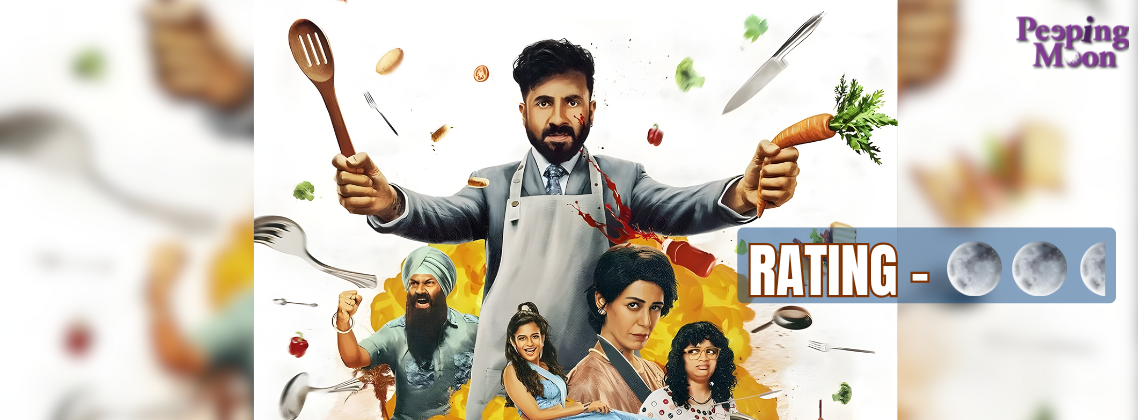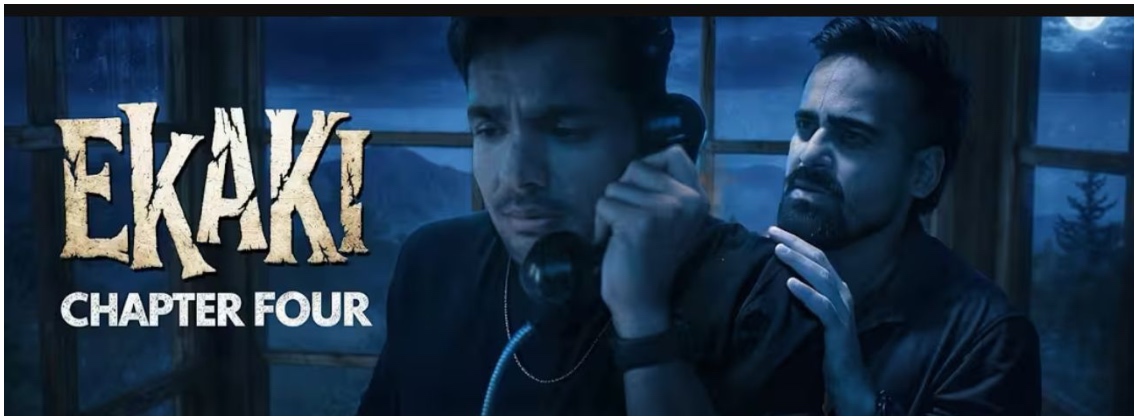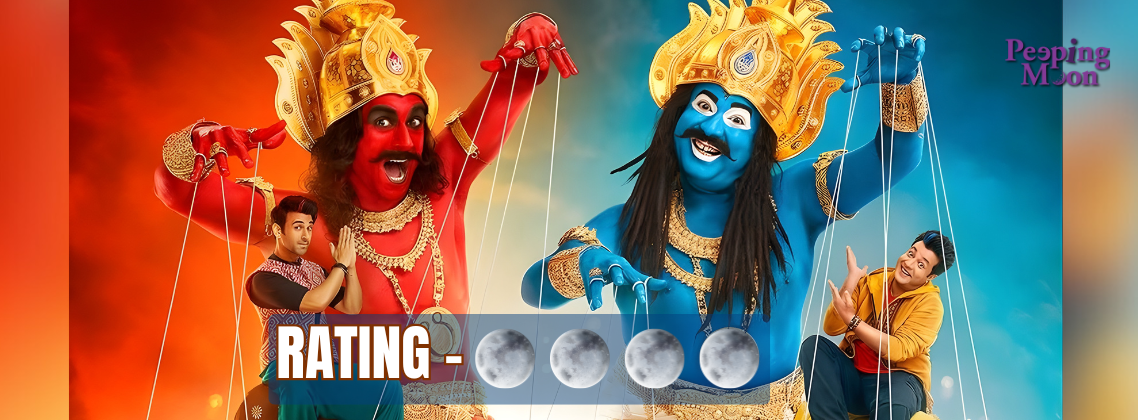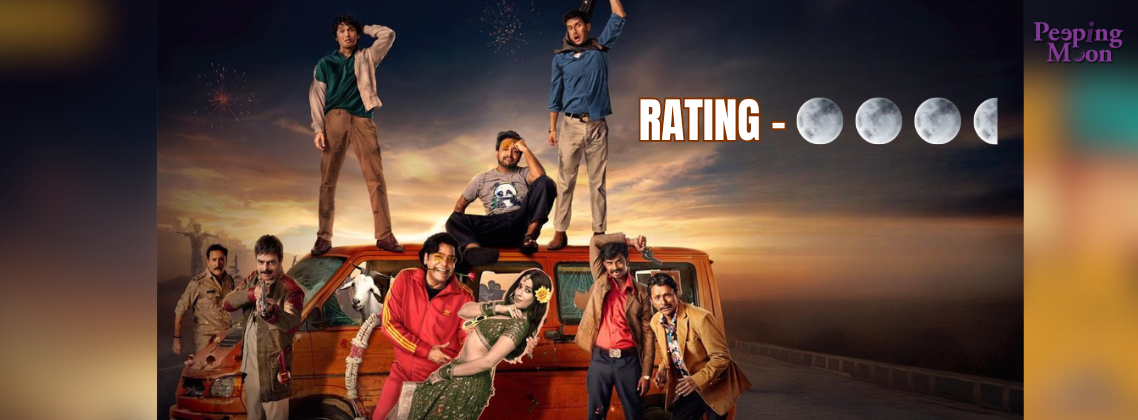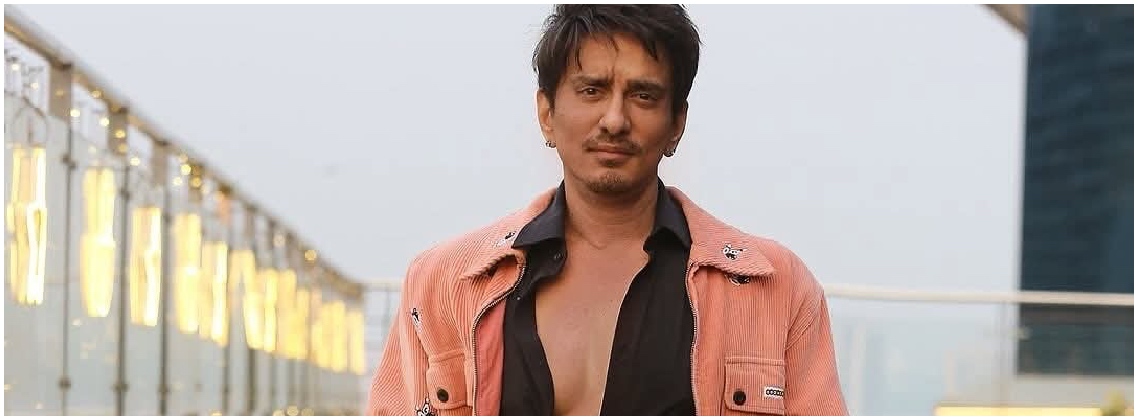The #MeToo movement has apparently claimed its first scalp – that of veteran actor Jeetendra. A female cousin has filed a case of sexual assault against the Bollywood actor-producer originally known as Ravi Kapoor. The incident allegedly occurred in 1971. An FIR was lodged in Shimla today which said that the complainant was 18 at the time of the assault, while Jeetendra was 28.
For those wondering why the complainant waited 47 years to come out with her accusation, she reveals that she decided to file a police complaint after the demise of her parents (Jeetendra's uncle and aunt) as the news of her alleged abuse would have left them “heartbroken”.
RECOMMENDED READ: AT BAFTA, STARS TO SUPPORT TIME’S UP WITH BLACK CLOTHES
The report further added that the victim, who wishes to remain anonymous, is aware of how "rich, powerful and politically well connected" the actor is. It is revealed that she filed the complaint to get "closure and healing for the indelible marks left on her soul due to the sexual abuse and the mental trauma suffered for years after the sexual abuse".
According to the complaint, Jeetendra allegedly drove the victim from her family house in New Delhi to one of his movie sets in Shimla, with her father’s permission. He later molested her in the hotel room. It is alleged that the Respondent (Jeetendra), was in an inebriated state and half-naked, and tried to force himself on his cousin.

It was the #MeToo global campaign against sexual harassment that encouraged the complainant to speak out about the abuse, according to her counsel.
And now, the actor's advocate Rizwan Siddiquee gave an official statement, stating, “Foremost my client specifically and categorically denies any such incident. Besides even otherwise such baseless, ridiculous and fabricated claims cannot be entertained by any Court of law or the law enforcement agencies after a span of almost 50 years. The Statute has provided a justice delivery system through the Courts, and the Limitation Act 1963 was specifically enacted to ensure that all genuine complaints are made within a maximum time limit of three years, so that a proper investigation is carried out and timely justice is delivered.
Besides I want to make it specifically clear that the law does not give any person any rights or liberties of making any baseless, ridiculous or fabricated claims against any man publicly and seek to defame him with a hidden personal agenda.
Media is therefore adviced to cautiously refrain from giving any importance to such ridiculous, baseless and fabricated claims, and they should not participate in any way whatsoever in defaming or assassinating the character of any man in such cases.
In any event the timing of this baseless complaint seems to be nothing but a miserable effort made by a jealous competitor to disrupt the business activities of my client and his esteemed Company. Such efforts are therefore in all fairness treated with the contempt it truly deserves.”
#MeToo spread virally in October 2017 as a hashtag on social media to demonstrate the widespread prevalence of sexual assault and harassment, especially in the workplace. It had followed the public revelations of sexual misconduct allegations against Hollywood producer Harvey Weinstein.
Actresses in Bollywood have not named names but have spoken about sexual harassment. Priyanka Chopra stated, “Sexual assaults are more an expression of power than sexuality,” while Kalki Koechlin has maintained that if there was no platform of support, a lone woman could be “condemned for being crazy or lying”.






